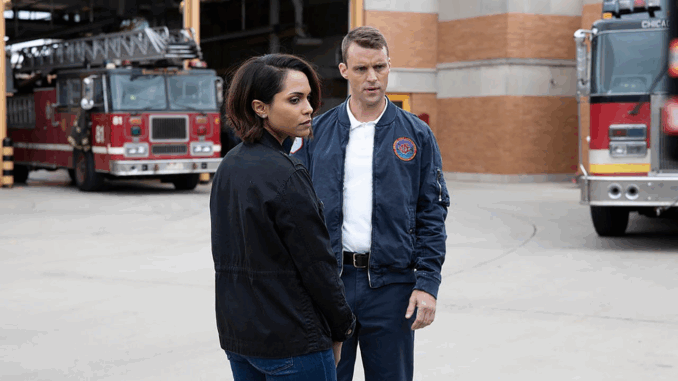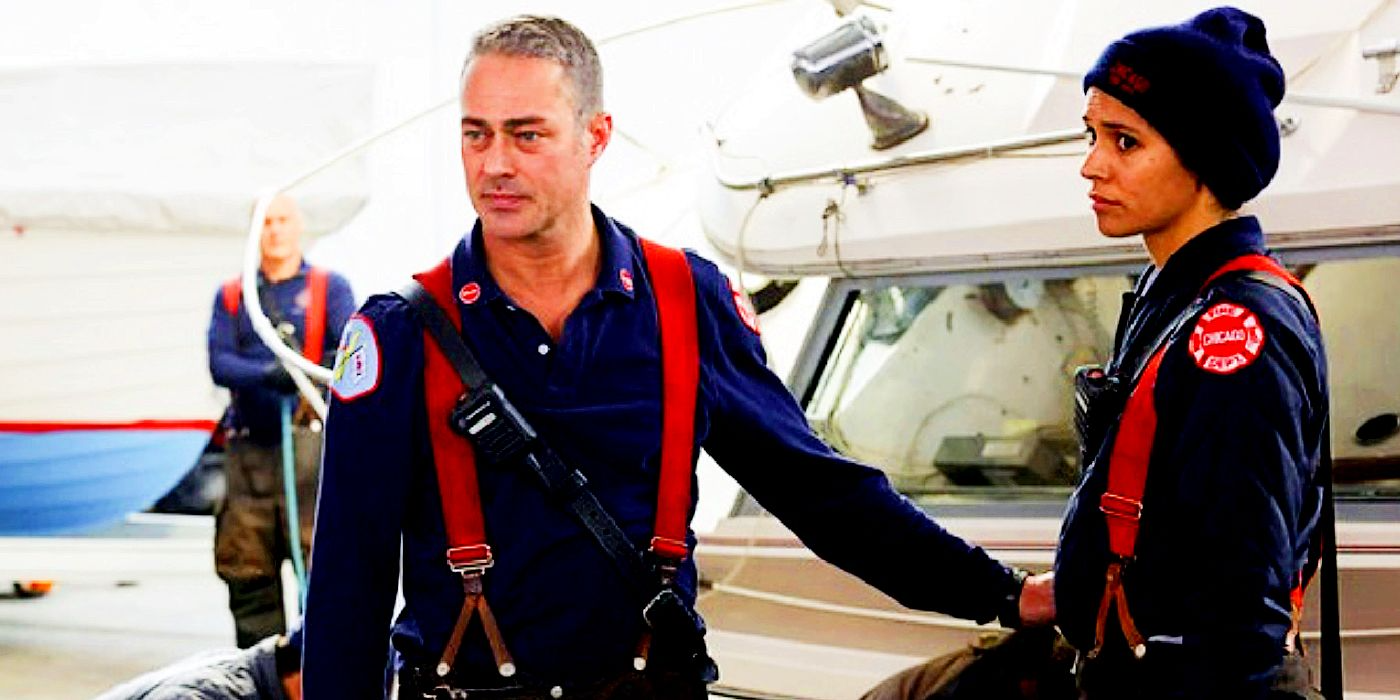
Leadership Under Pressure
Tensions boiled over at Firehouse 51 this week as Stella Kidd and Joe Cruz found themselves at odds over a high-stakes rescue, forcing both to reexamine their leadership styles and mutual trust. The clash, though professional, hinted at deeper frustrations simmering just below the surface.
It began during a structure fire at an old warehouse, where Cruz’s team was ordered to pull out due to a suspected ceiling collapse. Cruz hesitated—one of his men was still inside. Kidd, leading the call, enforced the retreat. The two exchanged words on the scene, with Cruz biting back: “That’s not how we do things at 51.”
The Weight of Command
Back at the firehouse, the tension was palpable. Kidd paced the apparatus bay, visibly shaken. “You think I don’t care? That I don’t weigh every damn call?” she said to Boden in private. Her vulnerability revealed the cost of command—a burden often overlooked.
Boden, ever the steady hand, reminded her, “Leadership isn’t about being liked. It’s about making the decision no one else wants to make.”
Meanwhile, Cruz vented to Mouch, questioning Kidd’s judgment and whether she was letting her emotions cloud her leadership. “Ever since Severide left,” he said, “she’s been carrying two roles—and I don’t think she realizes how much it’s changing her.”
History and Hierarchy

The conflict is rooted in years of history between Kidd and Cruz, both of whom have grown into senior roles. Their friendship adds another layer of complexity—when the job blurs with personal bonds, the fallout hits harder.
Violet observed, “You two used to be thick as thieves. What happened?” Cruz simply replied, “The job happened.”
Kidd’s promotion to lieutenant had once been cause for celebration. Now, that same promotion seems to be creating space between her and the very people she once leaned on.
Crisis—and Clarity
The second half of the episode brought an emergency call that forced Kidd and Cruz to work together—a factory explosion with multiple workers trapped. Their coordination was initially rocky, but when a falling beam nearly pinned Cruz, Kidd jumped in without hesitation to free him.
The moment broke the tension, not with words, but with action.
Later, Cruz visited Kidd in her office. No apologies were exchanged, but there was mutual acknowledgment.
“You saved my life,” Cruz said quietly.
“And you’ve had my back for years,” Kidd replied.
Rebuilding Trust
By episode’s end, the relationship hadn’t been completely repaired—but there was understanding. Mouch summed it up best: “This house is a family. And families fight. What matters is what you do after.”
The episode was a powerful exploration of how leadership tests relationships and how respect must be earned and re-earned every day—especially among equals.
Why It Stands Out
Chicago Fire shines brightest when it explores the human cost of heroism. This episode reminded viewers that bravery doesn’t just happen in burning buildings—it happens in conversations, conflicts, and choosing to walk back into difficult relationships instead of away from them.